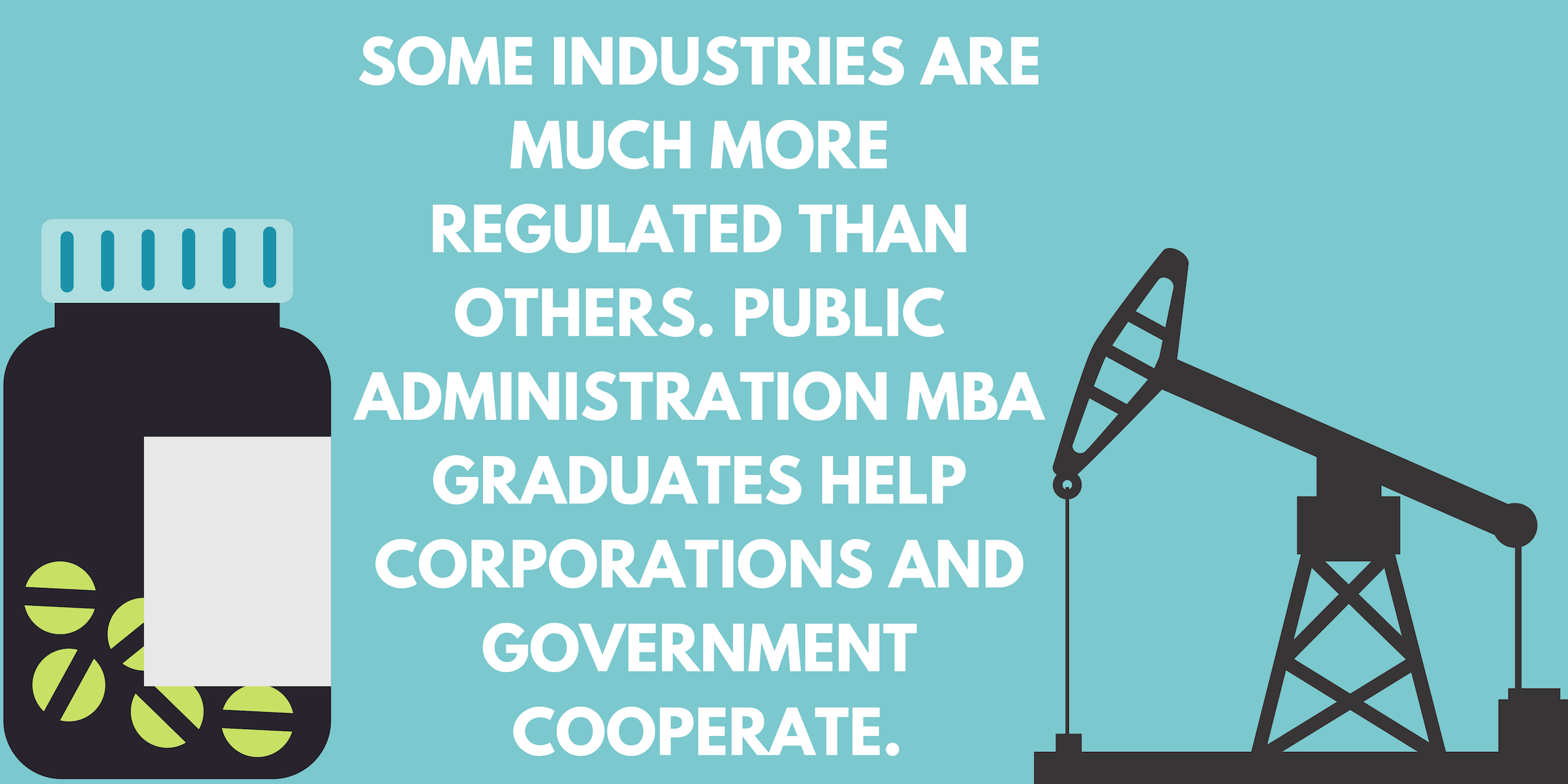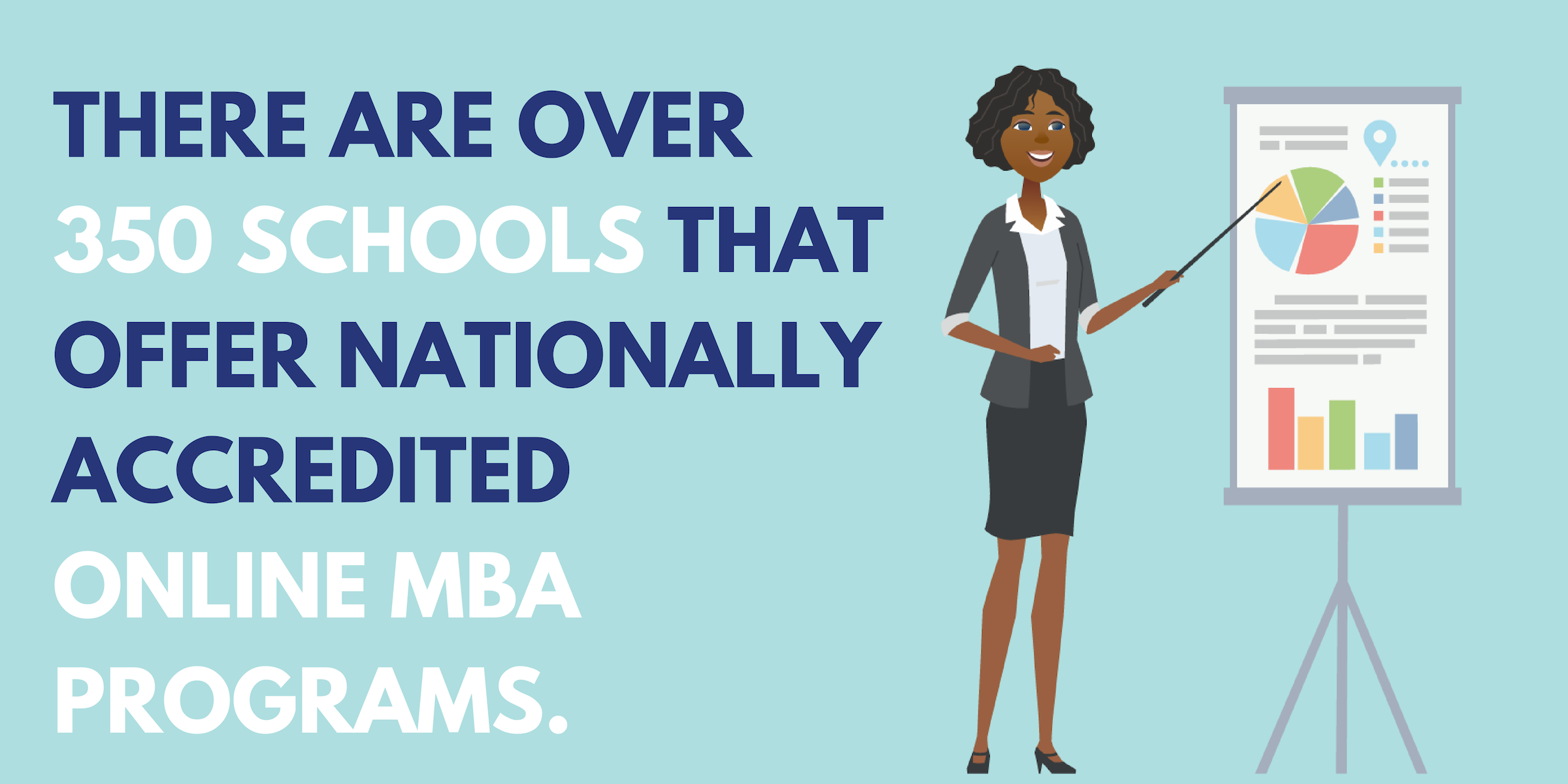Look at the orators in our republics; as long as they are poor, both state and people can only praise their uprightness; but once they are fattened on the public funds, they conceive a hatred for justice, plan intrigues against the people and attack the democracy. ― Aristophanes, Plutus
![]()
Public administration is the operation and execution of government policy. It often includes working for the executive branch and is concerned with the implementation of policies and the officials that are involved in them. Public administration professionals often work on behalf of non-elected officials who are in charge of aspects of governance like regulating transport, energy, commerce, administering justice, or managing spending and other resource allocations.
Public administration intersects with business when these bureaucratic practices focus on the marketing, rollout, distribution, interaction, discussion, and analysis of specific products, services, sales, and other business efforts.
A graduate public administration program mirrors an MBA, only it prepares graduates to work as executives, managers, and policy analysts in government agencies, non-governmental organizations (NGOs) and nonprofits. As the separation between the public and private sectors continues to erode, earning an MBA in Public Administration can be extremely valuable to navigating the crossover between those governmental, non-profit roles and the world of consulting and lobbying that defines our government.
Whether an organization is a government agency or a private business, those managing it do similar things: work to increase efficiency, trim fat, work within their growing or shrinking budgets, all while working to accomplish organizational goals.
There has been a powerful, decades-long campaign to privatize public services. The more that austerity devastates traditionally public aspects of society like health care, education, emergency services, and other indispensable societal needs, the more the private sector will move in to fill the void created by governmental abandonment.

Studying and working in this field is an opportunity to take on a personal crusade and have actual power over the policy creation and administration related to it. Let’s say you care genuinely about the future of green energy, public transport, medicine, or education. You can help shape the future of these essential services in many ways while moving between the public and private sectors.
When you earn a Public Administration MBA you’ll be prepared for upper-level positions in government and non-profits, but also extremely desirable to private businesses that either work closely with government agencies or in economic sectors that are heavily regulated (think energy, food or drugs). Your crossover knowledge of how government works mixed with your business skills and savvy makes you incredibly desirable to many organizations as a result of your Public Administration MBA study.
So what does it take to be a successful public administrator? The proper academic credentials will help, but you’ll also need to cultivate certain aspects of your personality and abilities.
Public Administration MBA graduates are:
- Well Informed: What makes you indispensable in these roles is your knowledge of how to get things done given the constraints of bureaucracy, so you’ll need to deeply understand the bureaucracies you’re working for or with.
- Cooperative: Nothing happens without the help of others, especially where government agencies are concerned. There are no cowboys in these roles, so throughout your MBA you should get used to working with others, and recognizing your individual limitations.
- Charismatic: In business, you need to bring people to the light, and convincing others with kindness and charisma gets better results than anger and intimidation. Remember, you’ll need significant help in these roles, so it’ll be handy to attract assistance through your winning personality.
- Results Oriented: The stakes are always high in business, but when you’re interfacing with government agencies that determine whether a particular or product can exist, or what standards it needs to meet to continue, the viability of important projects is in your hands. You need to do what you set out to to be successful in these roles.
- Farsighted: To be successful in these roles you’ll need to set a course towards specific objectives, then know how to get there while working within the parameters that have been set for you.
- Great at Delegation: The higher you rise, and the more you’re responsible for, the more important it is to trust those under you to take care of different aspects of a project. You need to have a knack for placing people in situations where they’ll be successful while making sure not to micromanage them and keep yourself focused on the bigger picture.
- Attention to Detail: Perhaps more so than in other organizations, working in the public sector requires an ability to understand many different, competing systems and pieces of information. You’ll need to keep the balls in the air and never neglect them. What you don’t pay attention to can end up wrecking a lot more than you’d expect.
- Identify and Build Talent: As cutthroat and competitive as the business world can be, the ability to find, cultivate and support top talent is what separates great administrators from those poised to be culled.
- Digital Communication Skills: Of all the technical skills the next generation of administrators need, this is perhaps most important. Communicating your goals in a way coworkers, supervisors, and the public can understand (and that’s in a format familiar to them) is more necessary than ever.
These are just some of the essential qualities and attributes you’ll need to cultivate. Of course, they’re also all aspects of yourself that MBA programs help develop. With that in mind, let’s look at:
What is a Public Administration MBA?
A Public Administration MBA offers students the quintessential MBA curriculum, pairing it with courses on government, policy, analysis, and much more. You’ll get an in-depth look at how business and government bleed into one another, and learn how to play a role in their complicated relationships.

These are MBA programs first and foremost, so you’ll take courses in:
- Economics
- Supply chains
- Business laws
- Business ethics
- Accounting
- Finance
- Human resources
- And much more.
This foundation will give you a great understanding of how businesses, non-profits, government agencies, and other organizations operate, what impacts their work positively and what diminishes it.
You’ll also study topics specifically related to public administration, like:
- Strategic management in public service
- Intergovernmental relations
- Public service ethics
- Public budgeting
- Enterprise management
- Legal issues in public service
- Among other topics and courses
Now that we’ve looked at Public Administration MBA’s, let’s look into what you should weigh when looking for one:
Things to Consider When Looking for a Public Administration MBA?
- What’s the highest degree level you’ve reached? You’ll probably need a Bachelor’s degree to apply to a Public Administration MBA program.
- What’s your career experience? How has it prepared and inspired you to study and work in and with government agencies, NGO’s, etc.?
- If you have government, non-profit, or other business experience, use that to your advantage both in applying for programs and choosing ones that will help you reach your goals.
- How much can you afford in tuition for your Public Administration MBA and how much would you have to borrow to pay for one? Pay close attention to loan options and interest rates. It’s always best practice to take out public over private loans, and whenever you can choose programs you can afford.
- Depending on your current employment status, your employer might (at least partially) sponsor the costs of your Public Administration MBA.
- How much time can you commit to a Public Administration MBA daily, weekly, and overall before you graduate from it?
- The delivery format you choose will heavily influence what you get out of your Public Administration MBA degree. Do you want a full-time program, part-time, traditional on-campus programs, online programs, or a combination of both traditional, in-person, and online study?
- What job or career track do you want? Are there specific businesses, government agencies, economic sectors or non-profits you’d like to work for? How do different MBA’s in Public Administration help you get closer to these goals?
- What are your career goals for the next five years? How would a Public Administration MBA help you reach them?
- Where would you like to live and work during and after earning your MBA?
- There is greater demand for lobbyists, consultants and those working closely with the federal government in places like Washington D.C., and living closer to local governments you might work with would be beneficial as well.

These are some of the questions to ask yourself when searching for a Public Administration MBA. Feel free to add to this list while you search and as you continue through this research to better tailor your MBA hunt.
Let’s explore some of the other adjacent degrees in the MBA universe:
Public Administration MBAs Vs Related Degrees
The degree that is the most similar to a Public Administration MBA is the Master of Public Administration (MPA). While degree specifics differ based on the particular school and program, there are different implications and job prospects between an MPA and an MBA in Public Administration. The main difference between the two degrees is that MPAs are most commonly applied to government jobs, while the MBA in public administration is usually applied to corporate business jobs. An MPA program will focus more on governmental policy, ethics, and law, while an MBA program will focus more on finance, human resources, and organizational leadership. There are also a variety of other degrees MBA degrees that have overlapping courses and job options with public administration. Some MBAs that are similar to public administration include:
- Human Resource Management MBA
- Global Management MBA
- Organizational Leadership MBA
- Operations Management MBA
- Doctor of Public Administration
So why should you earn an MBA in Public Administration instead of a similar degree?
If you want to get an MBA degree that will qualify you for a number of different administrative roles in the corporate business world, an MBA in Public Administration will most likely be the best degree choice. Graduates who have earned their MBA in Public Administration are sought after by almost every major corporation, company, or institution, as they have strong businesses skills that are grounded in ethics and organizational psychology. The skills that you learn in your public administration degree program will give you a practical skill set that you can utilize in many different roles, giving you excellent job flexibility. The jobs that you will qualify for will also provide stable and lucrative employment.

How Can We Help You Get a Public Administration MBA?
With the number of schools offering Public Administration MBA programs, your options can feel overwhelming. Here at MBACentral, we have compiled many resources that can help you contextualize the different program options with rankings, research, and answers to frequently asked questions. Some of our content that you are likely to find helpful in your search for your ideal Public Administration MBA degree program include:
- The 15 Best Online Public Administration Degree Programs for 2019
- The Top 20 Online Human Resources MBA Degree Programs
- The 50 Easiest Online MBA Degree Programs
- The 30 Fastest Online MBA Degree Programs Ranking for 2019
- The 50 Fastest Accelerated MBA Degree Programs
- The 30 Best Online MBA Degree Programs – Ranking for 2019
- The 20 Best Online Executive MBAs
- What Can I Do With an Executive MBA?
- The 20 Best Online Business Analytics MBA Degree Programs
- Top Online PhD in Leadership Degree Programs

Can You Get a Public Administration MBA Online?
MBA degrees were some of the first degrees to be offered in an online format, as they are designed to accommodate working professionals who want to maintain their current employment while working towards a degree that will allow them to advance in the business world. Because MBA degrees have a history of being offered online, they have improved over the years and are some of the best online degrees available. While earning your MBA in the traditional classroom setting will allow you to network with professors and peers face-to-face, there are a large number of advantages in earning your Public Administration MBA online, including:
- Current Employment: An online program supports its students in their efforts to maintain their day job, and can sometimes be paid for by your employer. If you work for a large company or corporation, there is a good chance that they will help fund your MBA degree, as it will increase your qualifications, without sacrificing your current responsibilities.
- Cost: Online programs allow students to forego many costs that most degree seekers will incur, such as room and board, food, and commuting costs. Additionally, students can qualify for great in-state tuition rates regardless of whether they are taking their classes online or on campus.
- Schedule: An online degree accommodates their students’ busy schedules by allowing them to complete classwork and exams whenever it is convenient for them. For example, if you work a 9 to 5 job, you will be able to take classes in the evening. Additionally, students who want to take a smaller credit load can enroll in a Part Time MBA program.
- Location: While some online programs require their students to visit campus for particular events, the majority of the time you will be able to work from the comfort of your home, or anywhere else that you can find a secure internet connection.
If you think an online format will be best for your Public Administration MBA program, you should check out our ranking of The Best Online Public Administration MBA Programs. If any of the programs might be a good match for you, you should follow the links to the school’s website and request more information.

How Do You Get in to a Public Administration MBA Program?
Public Administration MBA programs are graduate-level degree programs which qualify their students for some of the top jobs in the business sector. Public Administration MBA programs are therefore highly competitive, and getting admitted to a program can be a difficult process if you are unprepared. To be considered for a Public Administration MBA program, you will first have to:
- Complete your Bachelor’s Degree: Students who are looking to apply to a Public Administration MBA program will need to have completed their undergraduate studies, preferably (though not necessarily) in a business-related field.
- Take the Graduate Management Admission Test (GMAT): The GMAT is the standardized test required for prospective graduate-level applicants to management and administration degree programs. Some programs want applicants to take the GREs, so you should be sure to contact the admissions counselors at the schools where you are looking to apply. The GMAT tests analytical, quantitative, writing, and reading skills that pertain to management and administration. For more information, check out our In-Depth Guide to the GMAT.
- Apply to a variety of MBA programs: Applicants should apply to some safety schools, target schools, and reach schools, to ensure that they will get into a program. You can start with our ranking of The Best Online Public Administration MBA Programs.
- Choose your MBA program: Once you have been accepted to an MBA program, you should connect with professors, academic advisors, and admissions counselors from your different choices. They can give you additional information that can help you with the difficult decision.
The real work starts once you begin your studies in your MBA in public administration program. Finding the program that matches your professional and academic priorities will give you the best chance of obtaining the skills that will allow you to rise the ranks in the business world.

What Jobs Can You Get With a Public Administration MBA Degree?
A Public Administration MBA degree will qualify you for many great jobs that offer lucrative salaries and secure employment. All of the career options for graduates with Public Administration MBA degrees are expected to grow over the next decade, making it a safe bet for future career stability. Some of the best jobs that will be available for you after you graduate are:
- Administrative Services Manager: Administrative service managers oversee the support services of a company, including record keeping, inter-office communications, and team organizing, among many other responsibilities. Administrative services managers earn an average annual salary of $94,020. There are currently 281,700 full-time positions employed in the United States, with that number expected to grow by 10% over the next decade.
- Compensation and Benefits Manager: Compensation and benefits managers organize the payroll for companies, corporations, and other institutions. They also help employees get the benefits that they need to feel comfortable and financially stable. Compensation and benefits managers make an average annual salary of $119,120. There are currently 15,800 full-time positions employed in the United States, and that number is expected to increase by 5% over the next decade.
- Human Resources Manager: Human resource managers act as a liaison between their company’s management and its employees. They do this by organizing administrative functions including recruiting new staff whose skills align with the business strategies of top executives. Human resource managers make an average annual salary of $110,120. There are currently 136,100 full-time positions employed in the United States, and that number is expected to increase by 9% over the next decade.
- Management Analyst: Management analysts often referred to as consultants, are hired by companies and businesses to help them analyze and improve their efficiency and fiscal viability. For more information about this line of work, check out our FAQ on what Consultants do. Management analysts make an average annual salary of $82,450. There are currently 806,400 positions employed in the United States, and that number is expected to grow by 14% over the next decade.

Further Reading
- The History of the MBA Degree
- Frequently Asked Questions about MBA Degrees
- Online MBA Rankings
- The 50 Best Business Blogs
- The 15 Best Online Communications MBA Degree Programs for 2019
- The 20 Best MBA Alternatives.
- The Multipurpose MBA
- The 50 Most Powerful Corporations in the World
- How Cowering is Changing How We Work